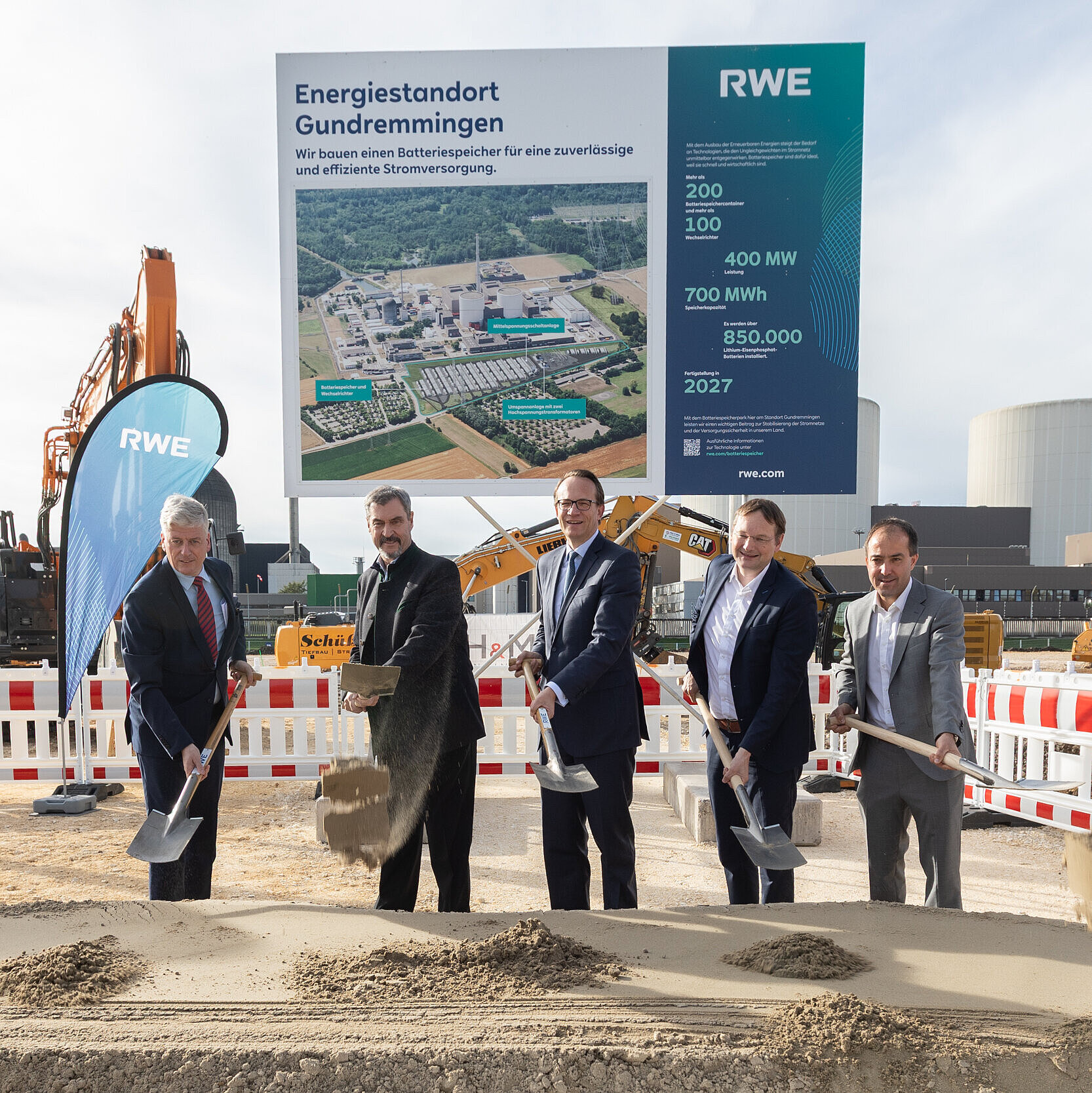"Overregulation hinders smart meter rollout"
14.06.2024
Source: Energy & Management Powernews
Intelligent electricity metering systems could prove to be a bottleneck for climate neutrality by 2045. A recent study calls for deregulation for more progress
The consulting firm Horizonte-Group has published a technical study in which it looks at the challenges facing smart meter operators. According to the study, the energy transition could fail if the challenges of metering point operation are not solved. The rapid and successful establishment of the smart metering infrastructure is a cornerstone of the energy transition. This is because only with intelligent metering systems (iMSys) will energy flows in the grid become visible and controllable.
In Germany, responsibility for the associated smart meter rollout has been transferred to the basic metering point operators (gMSB) - these are usually the grid subsidiaries of the local energy supply companies. They have to deal with numerous laws and a convoluted regulatory framework in metering, such as the "Act on the Restart of the Digitization of the Energy Transition (GNDEW)", which will be enacted in 2023.
Presentation of the results in Berlin
"The complex and confusing legislation was a trigger for us to create the 'Technical Study Metering gMSB'," reports Jochen Buchloh, Senior Partner of the Horizonte Group. The aim of the study was to provide a comprehensive outline of the requirements profile for metering point operators and, on this basis, to develop new solutions and strategies for action in dialog with those involved.
The study was based on our own consulting experience and interviews with experts in the period from December 2023 to March 2024. The results were presented and discussed in front of an expert audience at a closing event in Berlin. According to the results, gMSBs face five key challenges, outlined Tobias Linnenberg, Manager at Horizonte Group and head of the study. "The high rate of change in laws and regulations is a burden on the industry and makes resource-efficient planning and implementation more difficult," he said.
Inadequate resources and distortion of competition
The criticism in detail:
- The complexity and variety of legal requirements leads to different interpretations and delays necessary investments.
- The lack of qualified personnel and materials impairs the implementation of rollout projects. There are considerable bottlenecks, particularly in assembly and operational process implementation in the back office. Supply chain disruptions and material shortages further exacerbate the situation.
- The multitude of technologies and software systems increases the maintenance and operating costs.
- The lack of interoperability of systems and insufficient mobile network coverage hinder the rollout.
- "Technical challenges such as connecting multiple meters to a smart meter gateway (SMGw) have not yet been fully resolved," says Linnenberg.
- The gMSBs must equip all metering points within the price caps without discrimination, while competitive metering point operators (wMSBs) can act selectively. According to the study, this leads to unfair competitive conditions and prevents a freely developing market.
From 2025, gMSBs will have to install smart metering systems at the customer's request. According to the authors, this could significantly impair the efficiency of the rollout. The restructuring of the IT landscape due to new legal requirements further increases the technical complexity.
Possible solutions
In order to successfully shape the energy transition in these areas of tension, cooperation between all stakeholders and flexible adaptation to legal and technical requirements is necessary, according to the Horizonte Group.
With this in mind, initial proposals for solutions were also presented during a discussion at the closing event in Berlin, which are aimed at political decision-makers as well as market participants and gMSBs. These are now being processed and will be presented by the consulting firm shortly.
Eon and Westnetz have been involved in the study in recent months. Malte Sunderkötter, Managing Director of Eon Grid Solutions, sees his own experiences confirmed and demands: "We urgently need a radical reduction in bureaucracy so that smart meters can soon make their important contribution to the energy transition throughout Germany."
Jochen Dwertmann, Managing Director of Energy Management at Westnetz, suggested: "In order to make faster progress with the smart meter rollout, smart meters should first be installed in those places that are relevant to the success of the energy transition - only then can we deploy technology and skilled workers cost-effectively."
The "Technical study Metering gMSB" is available online.
Author: Susanne Harmsen
You might also be interested in



